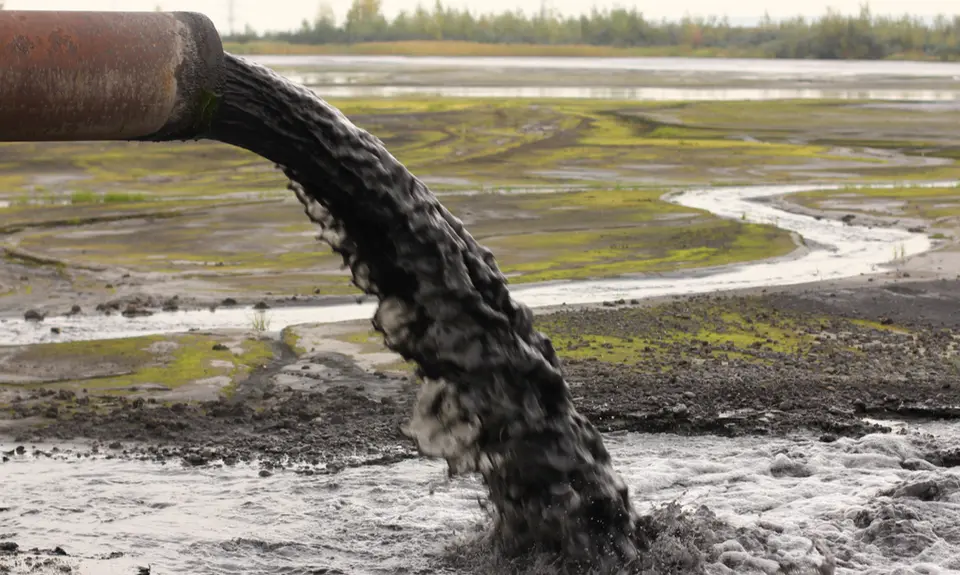“Confirmed Judges, Confirmed Fears” is a blog series documenting the harmful impact of President Trump’s judges on Americans’ rights and liberties. Cases in the series can be found by issue and by judge at this link
Trump Ninth Circuit Judge Daniel Bress argued that the court should not permit judicial review of a decision by the Trump EPA to withdraw environmental restrictions on a controversial Alaska copper and gold mining project. The majority rejected that view and sent the case back to a district court to review the Trump EPA’s rollback of the environmental protection limits in its June 2021 decision in Trout Unlimited v Bristol Bay Economic Dev. Corp.
The Bristol Bay watershed in southwestern Alaska is a large area of “unparalleled ecological value” including salmon and other wildlife that “also contains valuable minerals” like copper and gold, which industry has long sought to exploit. After completing a comprehensive assessment of the area and its competing possible uses, the EPA in 2014 issued a proposed determination that allowed some mining but restricted mining that would have significant adverse effects. Controversy over the proposal continued and, under the Trump Administration in 2019, the EPA “formally withdrew” the proposed determination as requested by industry. Environmental and other groups filed suit in federal court. An Alaska district judge ruled that the decision was “best characterized as a decision not to take enforcement action” that was up to the agency, and the case was appealed to the Ninth Circuit.
In a 2-1 decision by Judge Susan Graber, a Ninth Circuit panel partially reversed. The majority agreed that a court could not review the EPA’s decision directly under the Clean Water Act, but noted that agency regulations allowed the EPA to withdraw a proposed determination like this one only when an “unacceptable adverse effect” on specified natural resources was not “likely.” Accordingly, the majority sent the case back for review by the district court to determine whether, as environmentalists alleged, the EPA’s 2019 actions were “arbitrary, capricious” or an “abuse of discretion” under that standard. Unlike a “discretion-laden” decision by a prosecutor to not take enforcement action, the majority explained, EPA regulations contain a “meaningful legal standard’ that “constrains the agency’s discretion” in this case.
Trump judge Bress harshly dissented. He argued that the decision whether to withdraw the proposed determination was “committed to agency discretion” that is “unfettered” and not subject to judicial review. Bress asserted that the majority’s “deeply flawed” ruling improperly intervened in the 2019 EPA’s “balancing of policy considerations” that led it to roll back the proposed environmental limitations, and could well lead a future EPA that is “more solicitous of commercial development” to not even initiate such environmental determination decisions.
In addition to explaining carefully how relevant EPA regulations did in fact set forth a “meaningful legal standard” for review of the 2019 EPA action, the majority showed what was wrong with Bress’ critique. Contrary to Bress’ assertions, the majority explained, “policy implications” played “no role” in its legal determination that the 2019 EPA’s withdrawal of the environmental proposals was “reviewable” as a matter of law. The same agency may often take differing actions under different administrations, the majority went on, and such political disagreements happen “all the time.” Such concerns offer no valid reason, the majority noted, to affect its decision on “the legal question before us” about whether “the agency’s withdrawal here is reviewable.”
As a result of the majority’s ruling, environmental groups concerned with the Trump EPA’s withdrawal of proposed environmental restrictions on mining in the Bristol Bay watershed will have the opportunity to present their case in court. If it had been up to Trump judge Bress, however, no court review of those Trump EPA actions, as well as other possible review of other similar conduct, would have been allowed at all. There are a number of openings to be filled on the Ninth Circuit, including an opening that will be created by Judge Graber’s recent decision to take senior status, which will be very important, among other things, to decisions concerning the environment in the future. For the sake of our fight for our courts, it is crucial that the Senate confirm nominations by President Biden to fill such openings as promptly as possible.
